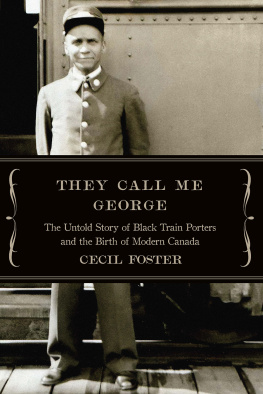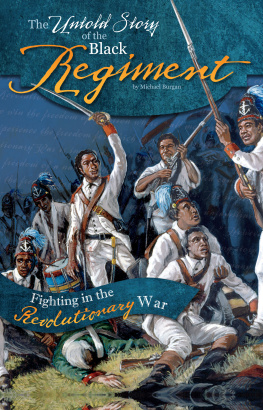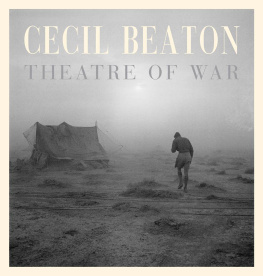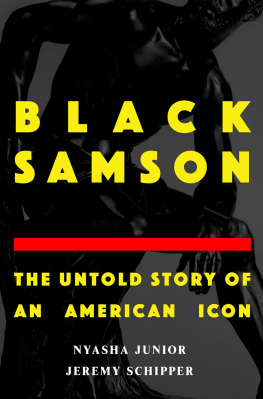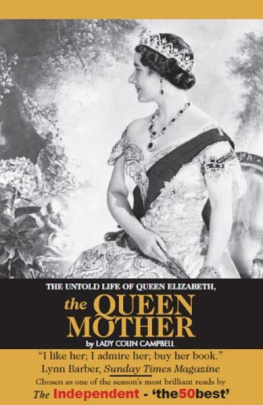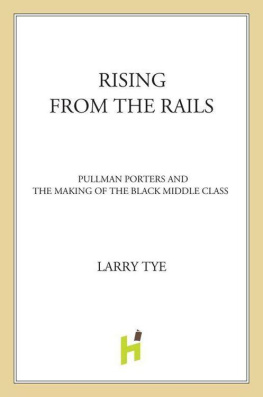Cecil Foster - They Call Me George: The Untold Story of Black Train Porters and the Birth of Modern Canada
Here you can read online Cecil Foster - They Call Me George: The Untold Story of Black Train Porters and the Birth of Modern Canada full text of the book (entire story) in english for free. Download pdf and epub, get meaning, cover and reviews about this ebook. year: 2019, publisher: Biblioasis, genre: Politics. Description of the work, (preface) as well as reviews are available. Best literature library LitArk.com created for fans of good reading and offers a wide selection of genres:
Romance novel
Science fiction
Adventure
Detective
Science
History
Home and family
Prose
Art
Politics
Computer
Non-fiction
Religion
Business
Children
Humor
Choose a favorite category and find really read worthwhile books. Enjoy immersion in the world of imagination, feel the emotions of the characters or learn something new for yourself, make an fascinating discovery.
- Book:They Call Me George: The Untold Story of Black Train Porters and the Birth of Modern Canada
- Author:
- Publisher:Biblioasis
- Genre:
- Year:2019
- Rating:5 / 5
- Favourites:Add to favourites
- Your mark:
- 100
- 1
- 2
- 3
- 4
- 5
They Call Me George: The Untold Story of Black Train Porters and the Birth of Modern Canada: summary, description and annotation
We offer to read an annotation, description, summary or preface (depends on what the author of the book "They Call Me George: The Untold Story of Black Train Porters and the Birth of Modern Canada" wrote himself). If you haven't found the necessary information about the book — write in the comments, we will try to find it.
Cecil Foster: author's other books
Who wrote They Call Me George: The Untold Story of Black Train Porters and the Birth of Modern Canada? Find out the surname, the name of the author of the book and a list of all author's works by series.
They Call Me George: The Untold Story of Black Train Porters and the Birth of Modern Canada — read online for free the complete book (whole text) full work
Below is the text of the book, divided by pages. System saving the place of the last page read, allows you to conveniently read the book "They Call Me George: The Untold Story of Black Train Porters and the Birth of Modern Canada" online for free, without having to search again every time where you left off. Put a bookmark, and you can go to the page where you finished reading at any time.
Font size:
Interval:
Bookmark:
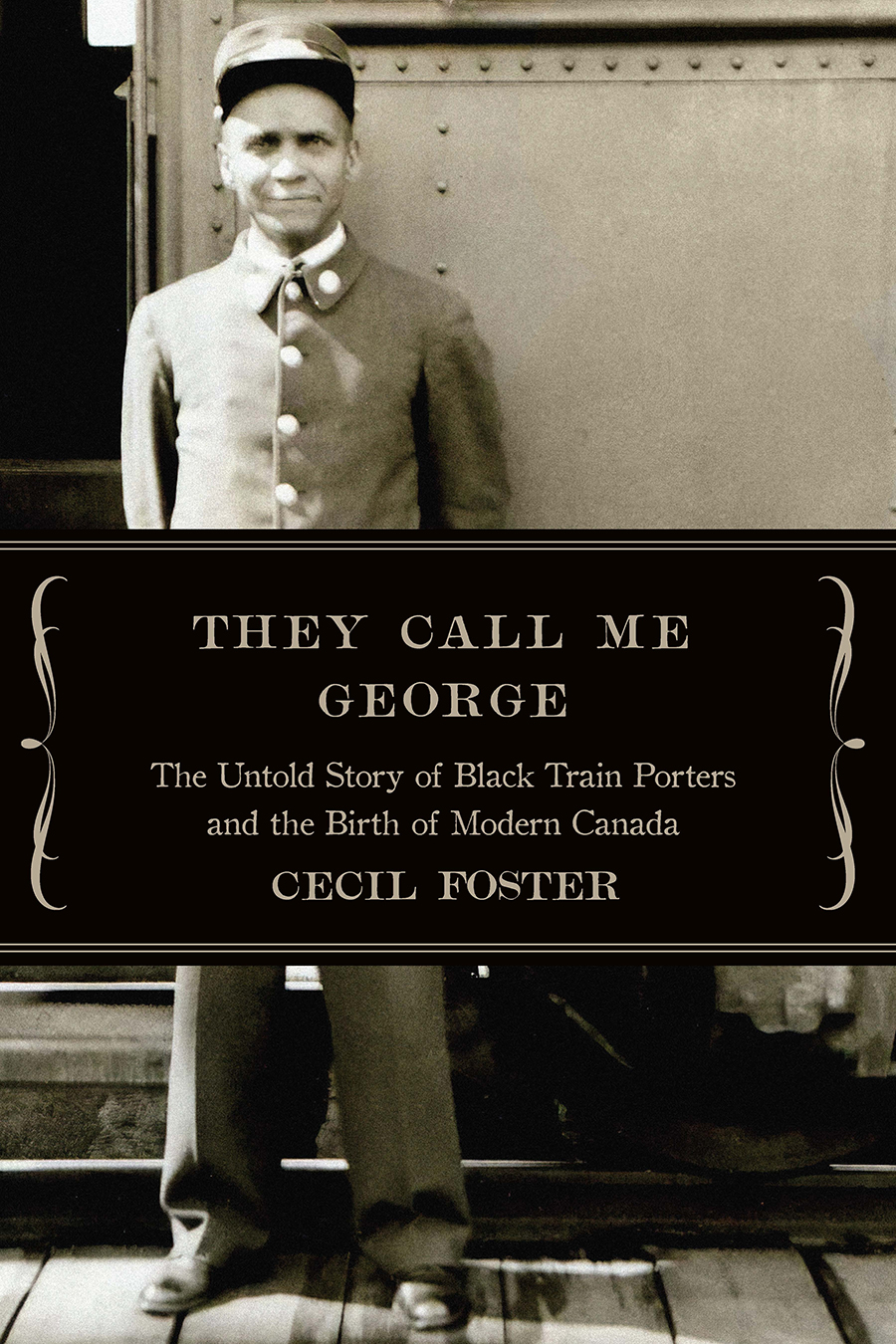
They Call Me George
The Untold Story of Black Train Porters
and the Birth of Modern Canada
Cecil Foster
Biblioasis
windsor, ontario
Copyright Cecil Foster, 2019
All rights reserved. No part of this publication may be reproduced or transmitted in any form or by any means, electronic or mechanical, including photocopying, recording, or any information storage and retrieval system, without permission in writing from the publisher or a license from The Canadian Copyright Licensing Agency (Access Copyright). For an Access Copyright license visit www.accesscopyright.ca or call toll free to 1-800-893-5777.
First Edition
Library and Archives Canada Cataloguing in Publication
Foster, Cecil, 1954-, author
They call me George : the untold story of black train porters and the birth of modern Canada / Cecil Foster.
(Untold lives)
Issued in print and electronic formats.
ISBN 978-1-77196-261-2 (softcover).--ISBN 978-1-77196-262-9 (ebook)
Pullman porters--Canada--History. 2. Porters--Canada--History.
3. Train attendants--Canada--History. 4. Black Canadians--History.
I. Title.
HD6528.R362C25 2019 331.7613852208996071 C2018-901743-0
C2018-901744-9
Edited by Janice Zawerbny
Copy-edited by Emily Donaldson and James Grainger
Cover designed by Michel Vrana
Typeset by Chris Andrechek
Quotations from new Canadian immigrants on front flap originated in the Permanent Collection of the Canadian Museum of Immigration at Pier 21 (www.pier21.ca).
Gloria Betty Brock, English War Bride, 1946. Canadian Museum of Immigration at Pier 21 (S2012.209.1).
Anna Silins, English Immigrant, 1951. Canadian Museum of Immigration at Pier 21 (S2012.768.1).
Martin Wydenes, Dutch Immigrant, 1952. Canadian Museum of Immigration at Pier 21 (S2012.1162.1).





Published with the generous assistance of the Canada Council for the Arts, which last year invested $153 million to bring the arts to Canadians throughout the country, and the Government of Canada. Biblioasis also acknowledges the support of the Ontario Arts Council (OAC), an agency of the Government of Ontario, which last year funded 1,709 individual artists and 1,078 organizations in 204 communities across Ontario, for a total of $52.1 million, and the contribution of the Government of Ontario through the Ontario Book Publishing Tax Credit and the Ontario Media Development Corporation. This is one of the 200 exceptional projects funded through the Canada Council for the Arts New Chapter program. With this $35M investment, the Council supports the creation and sharing of the arts in communities across Canada.
PRINTED AND BOUND IN CANADA
Dedicated to the Memory of
Billy Downie of Halifax
A sleeping car porter who became a dear friend
and whose spirit enlivens this book
For my grandchildren:
Akil, Markus, Michael, Liam, Amias, Armea, Ryan, Dominic
The members and officials of the Negro Citizenship Association and the Toronto C.P.R. Division of the Brotherhood of Sleeping Car Porters will continue to fight unremittingly for the right of all peoples of this planet to enter Canada and become its citizens without penalty or reward because of their race, colour, religion, national origin or ancestry. Yes, we take the uncompromising position that what appears to be premeditated discrimination in Canadas Immigration Laws and policy is utterly inconsistent with democratic principles and Christian ethics.
Stanley Grizzle, president of the Toronto chapter of the
Brotherhood of Sleeping Car Porters, April 27, 1954
Contents
INTRODUCTION
I was on my way to Windsor, Ontario, on VIA Rail Train 75, in late-summer 2018. A female voice, flawlessly bilingual in English and French, welcomed everybody on board. Everything seemed so routine. Settling into my aisle seat near the front of the car, I cracked open a book and started to read to help me get through the five-hour trip.
Tickets, please, a gentle voice said over my head. I looked up to see a young woman with long, flowing black braids cascading down past her shoulders, in a navy uniform with an open-neck polo shirt, the corporations insignia on her blazer; she was smiling at me, the traditional mile-wide smile historically associated with her job.
Well, look at that, I said. A Black train porter. Realizing how strange that statement might have sounded in our modern-day multicultural, diverse, and inclusive Canada, I felt compelled to explain why I was remarking on the obvious. Do you know that Ive been travelling a lot on the train in Canada and you are the first Black porter Ive seen?
This was true: train porter was once a job reserved exclusively for Black workers. I had recently been speaking to former train porters, and the old-timers were the first to draw my attention to this observation. You can hardly find any Black porters these days, they said wistfully. Nothing in my train travels had proven them wrong. Until now.
No, man, she said laughing. There are others.
And youre a woman too, I said.
She laughed again.
Do you know there was a time when the only porters youd find on trains in Canada and the United States were Black men? I asked her. It was the only job they could get in Canada and the United States. Those porters fought to change all that so that Black workers could have greater employment opportunities.
She did not know any of this. The quizzical look remained on her face as she waited for me to produce my ticket. I thought about the time, three years earlier, when, following his election victory, Prime Minister Justin Trudeau was asked why he wanted gender parity in his cabinet and he replied simply, Because it is 2015! thereby ending the conversation. Canada has evolved over time, so that now issues such as genderand presumably race, ethnicity, and religion toodo not matter in daily life. Or so was the implication in his statement.
At that point my wife, who was sitting next to me, entered the conversation and explained that I was an author and professor, and that my research into a book about the history of Black train porters in Canada was the very reason we were on the train.
My name is Rokhaya Ndiaye, she answered when I asked. I am Senegalese.
And thats another thing, I blurted out. It was the train porters who made it possible for people like you and me to be in this country. Indeed, they forced Canada to open up immigration to people from all parts of the world, including Africa and Asia.
Oh, she said, sounding genuinely interested in the discussion. I must find out more about that. After saying she was happy to have met me, she zapped the ticket barcode on my phone with a hand-held machine and posted two white card strips on the luggage container above our heads. She had a carload of other passengers waiting for her attention and could linger no more. She handed me her business cardwhich called her a manager in customer experience and not a train porterand we promised to continue the conversation at another time.
Font size:
Interval:
Bookmark:
Similar books «They Call Me George: The Untold Story of Black Train Porters and the Birth of Modern Canada»
Look at similar books to They Call Me George: The Untold Story of Black Train Porters and the Birth of Modern Canada. We have selected literature similar in name and meaning in the hope of providing readers with more options to find new, interesting, not yet read works.
Discussion, reviews of the book They Call Me George: The Untold Story of Black Train Porters and the Birth of Modern Canada and just readers' own opinions. Leave your comments, write what you think about the work, its meaning or the main characters. Specify what exactly you liked and what you didn't like, and why you think so.

